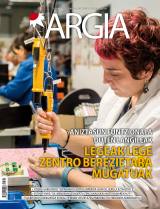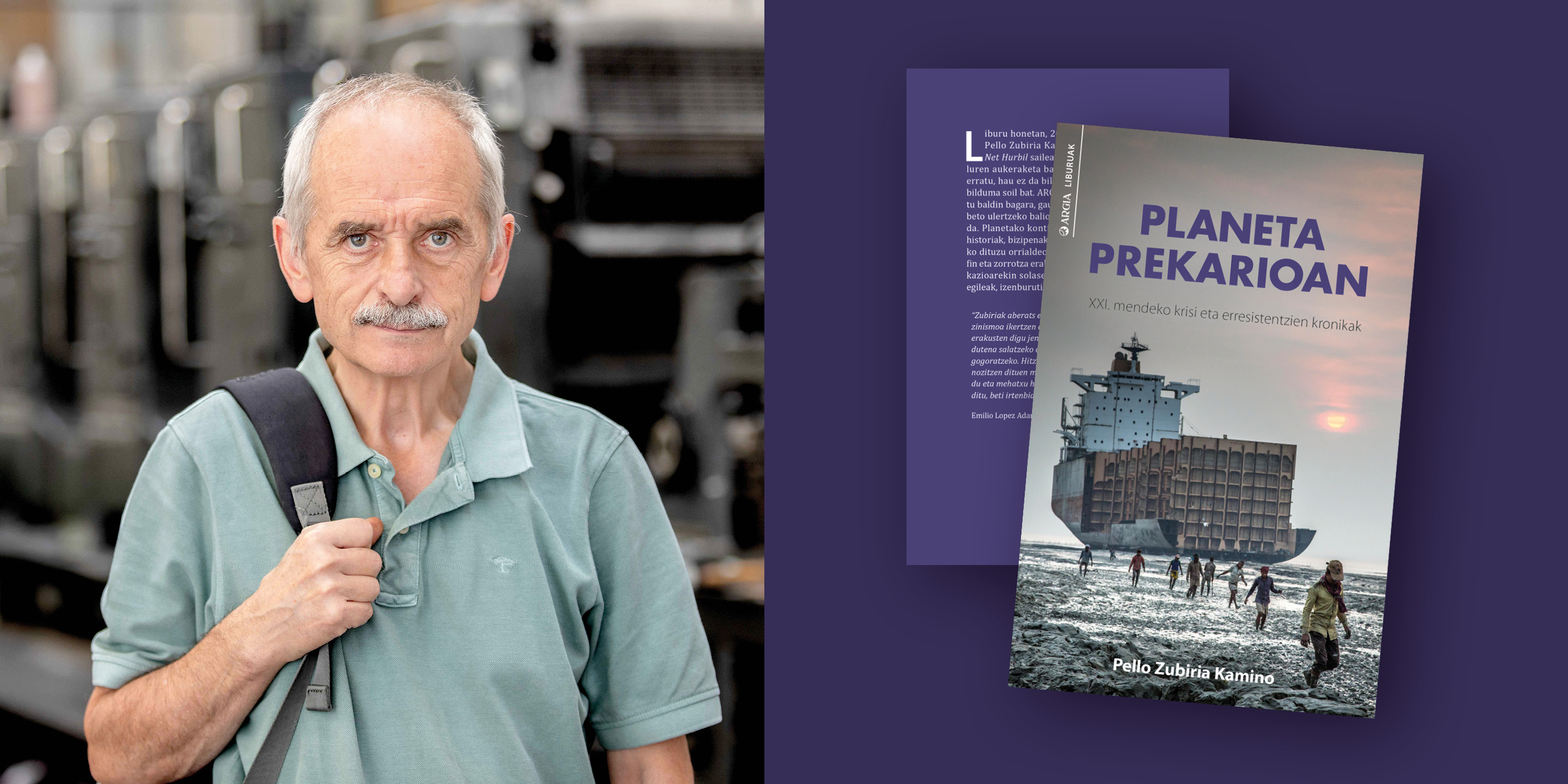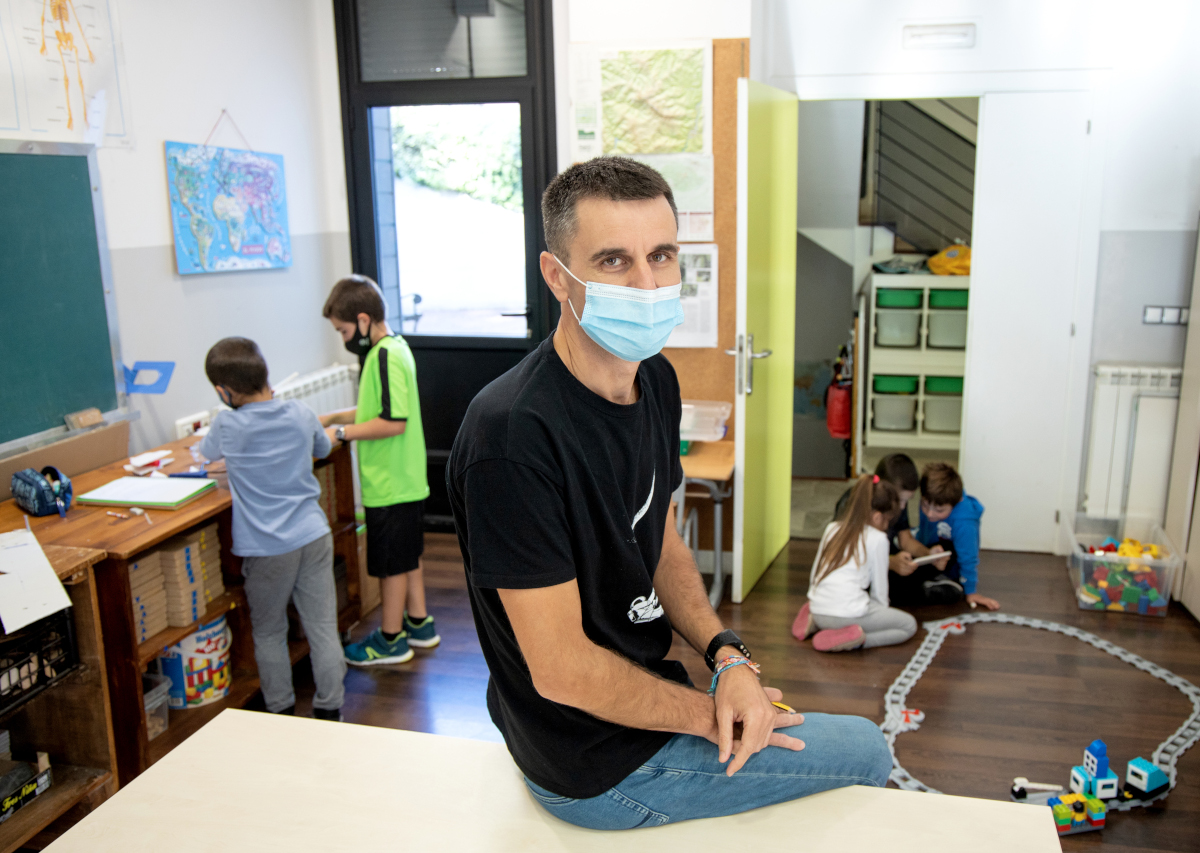Within the Panorama "Analysis" section of today
I have heard old people say that in recent times “this world has gone mad completely” or some similar phrase. I don't know if it's going to be much more messy now, because I already imagine I'd have a little bit of crazy. But well, I find it hard to measure madness, and I want to look at how we look at the mental hospital today. Because ARGIA has also wanted to do that, among other things.
The “Panorama” section is the tool usually used by ARGIA to analyze the current situation – of course, without wishing to deactivate many current issues that are addressed in depth in the other sections of the journal. But it is the “Panorama” that puts the current situation at the centre. However, when we receive information from everywhere, the range of issues that meet the front line of the agenda is very broad. And how do we analyze all these vertices in our Weekly? We do not have a wise journalist on the staff (fortunately). So everybody goes to work. Everyone from their subject, from their interests. Probably better tests and more credible weekly.
This is the ARGIA approach. In other reports and interviews, the reader has already realized that each journalist works in their area. Likewise, in the case of the analyses, as the logic requires, some members of the editorial team will now have a space for magnifying their themes and giving their opinion as they have studied, in the section “Panorama”, which in red puts “Analysis”.
“Analysis” has been the antecedent of this new corner of “Maltzaga”, which no longer complies with our pages. If these lines written each week by Xabier Letona focused on politics, this time the drafting team wants to look at the present in a broader sense. A weekly editor on duty.
Urko Apaolaza, Mikel Asurmendi and Unai Brea have been in charge of opening this year’s programming. We will have to see what trends the asylum process is taking in the coming months and who dares to make no sense of it in the “Analysis” section.
Santi Cobosen ahozko testigantzan oinarrituta, espetxearen erretratu bat da Zigor Olabarriaren Txori Urdinak liburua. Santi Cobosek (Leon, Gaztela, 1968) bizitzaren erdia eman du preso. Pairatu ditu torturak, jipoiak, muturreko isolamendua, FIES sailkapena; burutu ditu ihes... [+]






















